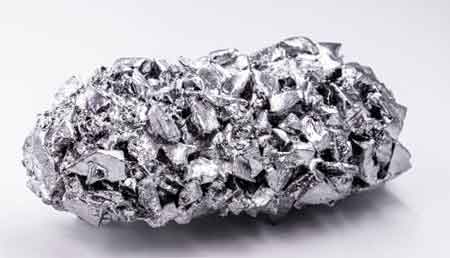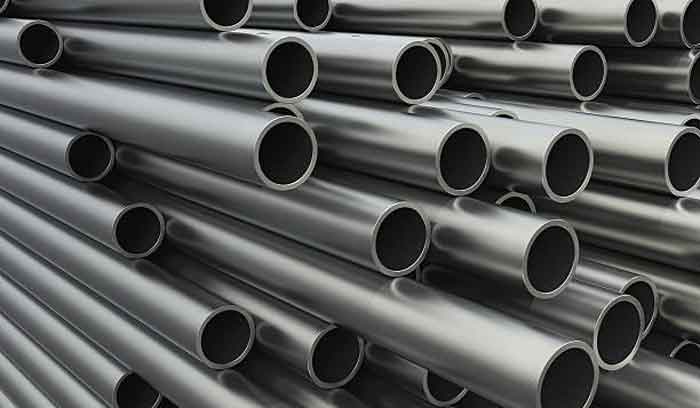Titanium tubing is an excellent choice for projects requiring extreme strength. Its high strength-to-density ratio makes it the strongest metallic element, yet it is much lighter than other metals. This material also has good chemical resistance and is resistant to rust and corrosion. This article will explore the benefits of using titanium perforated tubing. It also explores the costs. Let’s start by identifying the main advantages of titanium.
High strength

There are countless industrial applications for titanium tubing. These metal components can be custom made to meet your specific requirements. Regardless of your industry, you can count on Titanium tubing to be a sturdy and strong solution. Ferralloy Inc. is a leading manufacturer of high-quality metal components. Contact them for all your metalworking needs. They are committed to providing the highest quality materials to our customers. Read on to learn more about the advantages of Titanium tubing.
For structural analysis, the first step is to calculate the structural integrity of your titanium alloy tubing. The ISO RP 10400 standard recommends using the Klever-Tamano formula. This formula will determine the strength of a titanium tubing structure, which is a function of its material composition. In this case, the D/t ratio is less than 15 to determine its strength. The calculation results are all lower than full-scale collapse strength.
Low density
Titanium alloys have several advantages over nickel-based tubing. They are lightweight, can be machined to custom shapes, and have excellent corrosion resistance. Furthermore, they offer improved manufacturing processes, greater cost efficiency, and capabilities in extreme HPHT environments. These characteristics make titanium an excellent choice for many applications. Read on to discover more about the advantages of titanium. Listed below are some of the advantages of titanium. They may be right for you!
Titanium alloys have a 60% density, making them excellent for lightweight applications. Their high tensile strength and corrosion resistance make them perfect for many aerospace, automotive, and defense applications. These properties allow manufacturers to reduce the wall thickness and still achieve strength and rigidity required. Listed below are some of the most common uses for titanium tubing. You can find an application for titanium in the industries that matter most to you. We hope you’ll consider this material for your next project.
Resistance to corrosion
Titanium is a well-established metal for corrosion-resistant applications, but what is the source of this remarkable resistance to rust and corrosion? In order to understand this superior corrosion resistance, it is important to understand the characteristics of titanium and its uses. In addition to having an excellent resistance to rust and corrosion, titanium is able to form a highly stable protective oxide film on its surface when exposed to oxygen and moisture.
One of the most important properties of titanium is its corrosion-resistance. When exposed to air or moisture, this protective layer forms immediately. The process is even faster when the environment contains oxidizing agents. This property makes titanium a popular material for use in the chemical processing industry. In addition to being a good choice for chemical processing, titanium is also very durable. Among the advantages of titanium tubing are the high corrosion resistance and low cost.
Cost
Titanium tubing has several benefits, including biocompatibility and nonmagnetic properties. This makes it an excellent choice for complex applications, including surgical instruments and orthopedic implants. Its high tensile strength and corrosion resistance make it ideal for use in a wide range of environments, including medical implants and aerospace projects. Cost of titanium tubing varies, depending on grade and length, so it is important to know your options before committing to this material.
Conclusion:
American Elements manufactures seamless Titanium tubing, with 0.02-6.0 inch diameters and 0.003-0.5 inch wall thickness. They offer custom alloys and processing for sleeve and washer applications, and can also be supplied in nanoparticles, solution forms, and organometallics. Whether you need stainless steel, carbon steel, or titanium, you can find a supplier that meets your specifications.

